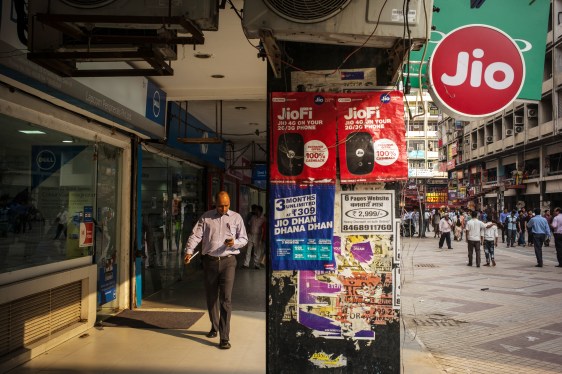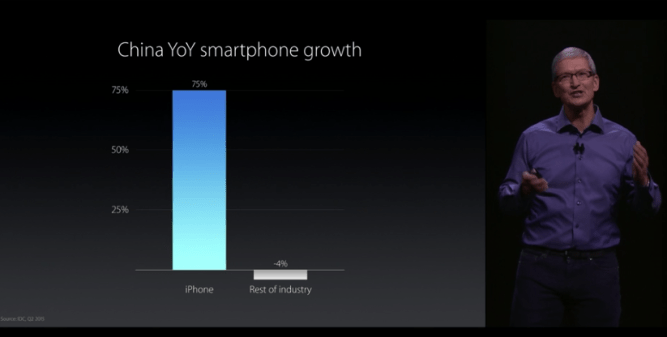Government Intervention: Multiple VPN Apps Pulled from Indian App Stores
A Growing Concern for Online Security
The recent removal of multiple VPN apps, including Cloudflare’s widely used 1.1.1.1, from India’s Apple App Store and Google Play Store has sparked widespread concern about the implications on online security. This development comes following intervention by government authorities, highlighting the tension between regulatory requirements and the needs of online users seeking secure browsing experiences.
Indian Ministry Takes Action
According to a document reviewed by TechCrunch, the Indian Ministry of Home Affairs issued removal orders for the affected apps. The disclosure made by Google to Lumen, Harvard University’s database that tracks government takedown requests globally, further underscores the significant impact of this enforcement action. Among the removed VPN apps are Hide.me and PrivadoVPN.
A Communication from Apple
In a communication sent to one of the affected developers, seen by TechCrunch, Apple cited a "demand" from the Indian Cyber Crime Coordination Centre, part of the Ministry of Home Affairs, which deemed the developer’s content to contravene Indian law. The involvement of government authorities in removing these apps raises questions about the balance between security concerns and the free flow of information online.
A Stringent Regulatory Framework
This enforcement action marks the first significant implementation of India’s 2022 regulatory framework governing VPN apps. The rules mandate that VPN providers and cloud service operators maintain comprehensive records of their customers, including names, addresses, IP addresses, and transaction histories, for a five-year period. Such stringent requirements have prompted pushback from major industry players.
Industry Pushback
Leading brands like NordVPN, ExpressVPN, Surfshark, and Proton VPN voiced significant reservations about the rules, with several announcing plans to withdraw their server infrastructure from India. Despite this, NordVPN, ExpressVPN, and Surfshark continue to maintain services for Indian customers, though they have stopped marketing their apps in the country.
The Future of Online Security in India
This development underscores the ongoing debate between governments and tech companies regarding data privacy and security regulations. While governments aim to ensure national security through stringent data retention laws, tech companies argue that such measures can infringe on users’ right to anonymity and online freedom.
Key Points:
- Multiple VPN apps, including Cloudflare’s 1.1.1.1, have been removed from Indian app stores following government intervention.
- The removal orders were issued by the Indian Ministry of Home Affairs, citing contravention of Indian law.
- The affected apps include Hide.me and PrivadoVPN.
- Industry players have expressed reservations about India’s 2022 regulatory framework governing VPN apps.
Implications for Online Security
The removal of these VPN apps could potentially impact online security in India. With more users seeking secure browsing experiences, the absence of popular VPN services may leave a gap in the market that less secure alternatives might fill.
A Global Perspective
This development also highlights the global implications of data privacy and security regulations. As governments worldwide implement stricter measures to combat cybercrime and protect national interests, tech companies must navigate these complex landscapes while ensuring user rights are protected.
Recommendations for Tech Companies:
- Familiarize yourself with local regulatory requirements in each market.
- Ensure compliance with data retention laws and maintain comprehensive records of customers as required by law.
- Engage in dialogue with governments to ensure that regulations strike a balance between security concerns and user rights.
Conclusion
The removal of multiple VPN apps from Indian app stores serves as a stark reminder of the ongoing tension between regulatory requirements and online security needs. As governments worldwide implement stricter measures, tech companies must navigate these complex landscapes while ensuring that user rights are protected.
Additional Reading:



